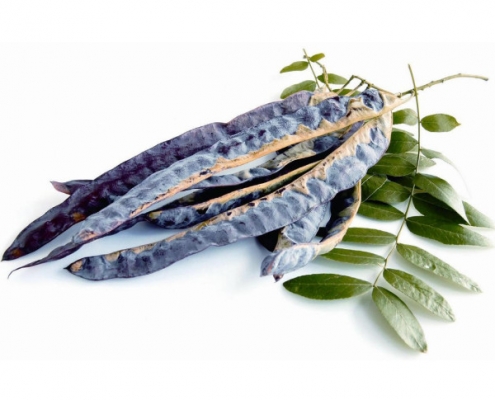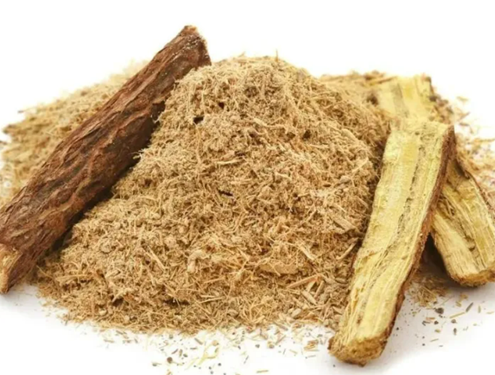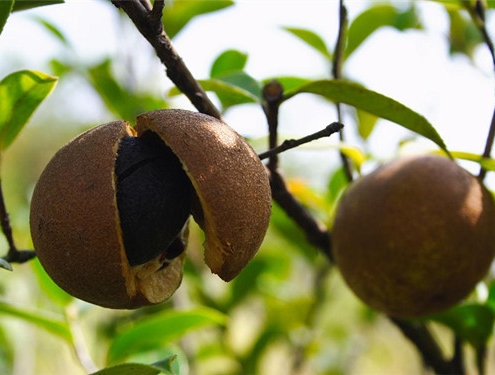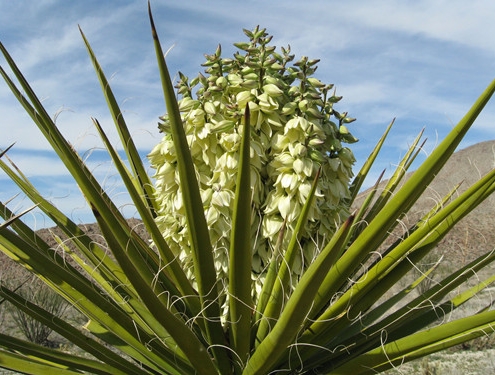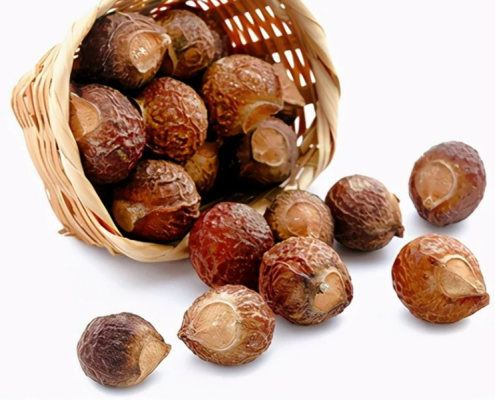
Natural surfactants are derived from renewable resources, such as plant extracts, oils, or proteins which means the raw material should not go through any type of chemical synthesis or processing, making them a more sustainable choice. They can help reduce dependence on non-renewable fossil fuel-based surfactants. They are gentle, foaming, easy to work with, environmentally friendly, safer and more readily biodegradable than synthetic surfactants. They can be used in a wide range of applications, including personal care products, cleaning agents, agricultural formulations, and food processing. Natural surfactants offer several advantages over synthetic surfactants. Some of the key advantages are as follows:
- Good biodegradability: Natural surfactants are typically derived from renewable resources and They break down more easily in the environment, reducing their impact on ecosystems.
- Environmental friendliness: Natural surfactants are often considered environmentally friendly due to their biodegradability and lower toxicity compared to synthetic counterparts. They have a reduced potential for bioaccumulation and can be a better choice for aquatic life and ecosystems.
- Safer. They are less likely to cause skin irritations, allergies, or respiratory issues. This is particularly important for applications in personal care products, such as shampoos, soaps, and detergents.
- Renewable and sustainable. Natural surfactants can help reduce dependence on non-renewable fossil fuel-based surfactants.
- Versatility: Natural surfactants offer excellent emulsification, foaming, wetting, and dispersing properties.
Here at Rainbow Biotech, there are several herbs and plant extracts that can be used as natural surfactants:
Q&A
What are the natural sources of surfactants?
Natural surfactants can be derived from various plant-based sources, including:
- Saponins from plants like soapbark, yucca, and quillaja
- Coconut oil derivatives
- Soy-based compounds
- Fruit seed extracts (e.g., grape)
- Other Herbal extracts rich in saponins
What is a natural substitute for SLS (Sodium Lauryl Sulfate)?
Several natural alternatives can replace SLS, including:
- Coco glucoside (derived from coconut oil and fruit sugars)
- Decyl glucoside (plant-based)
- Soapwort saponins
- Quillaja bark extract
- Soapberry extract
- Yucca saponins
What is the best natural surfactant for foaming?
While effectiveness can vary depending on the application, some top natural foaming agents include:
- Quillaja saponaria (soapbark) extract
- Yucca schidigera extract
- Sapindus mukorossi (soapberry) extract
- Camellia oleifera (tea seed) extract These plant-based surfactants often provide excellent foaming properties without synthetic additives.
How do herbal extract surfactants compare to synthetic ones in terms of effectiveness?
Natural surfactants from herbal extracts can be highly effective, though they may have different characteristics than synthetic options:
- Often gentler on skin and hair
- May require higher concentrations for similar effects
- Can provide additional benefits (e.g., antioxidants, natural fragrance)
- Generally more biodegradable and environmentally friendly
- May have a different feel or appearance in products
What are the environmental benefits of using herbal extract-based surfactants?
Using surfactants derived from herbal extracts offers several environmental advantages:
- Higher biodegradability compared to many synthetic surfactants
- Reduced aquatic toxicity
- Sourced from renewable plant materials
- Often require less energy-intensive production processes
- Can support sustainable agriculture practices
- May reduce reliance on petrochemical-derived ingredients

